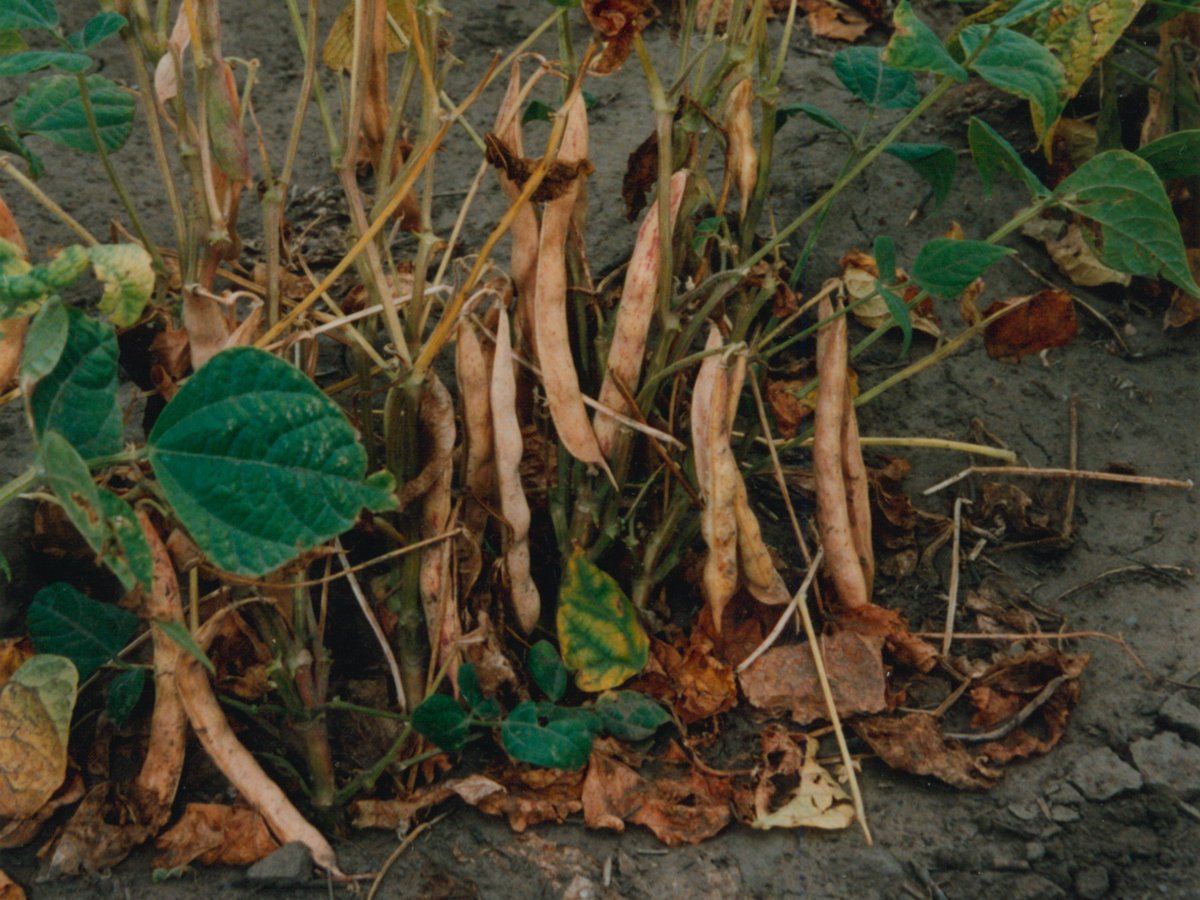Producers, organizations say intergenerational farm transfers are at risk from capital gains changes made earlier this year
REGINA — Farm organizations continue to strongly oppose changes to the capital gains inclusion rate, telling the standing agriculture committee last week that federal tax increases hurt intergenerational farm transfers.
As of June 25, the inclusion rate is 50 per cent for capital gains up to $250,000 and two-thirds on amounts over that. The increase was announced in Budget 2024 and since then the agricultural sector has lobbied to keep the rate lower.
Grain Growers of Canada (GGC) executive director Kyle Larkin said Canada is losing 500 to 1,000 family farms a year. Federal taxation policy is among the reasons, he added.
Read Also

Dry bean seeded acreage in Manitoba hits 20-year high
Dry bean acreage across all types reached around 207,000 acres in 2025, representing a significant increase from last year’s 182,000 acres.
GGC and tax accountants studied the effects of the higher inclusion rate on family farms.
“Our research showed that farmers would generally pay 30 per cent more in taxes due to the increased capital gains inclusion rates,” Larkin said.
He said this targets farmers’ retirement plans and moves the goal posts for the next generation.
Saskatchewan Conservative MP Warren Steinley quoted from GGC documents given to the committee saying the capital gains tax on the average farm in Saskatchewan before June 25 would have been $3.02 million but went up by $924,000 after that date.
“Do you think any farm can withstand that hit and actually make the next generation viable in farming in Saskatchewan or any other province?” he asked.
Larkin said no.
He also said legislation introduced in August to revise the Canadian Entrepreneurs’ Incentive to allow farmers to use it still means higher taxes for most. Some smaller farms would benefit, but most mid-sized and larger farms would not, he said.
“We’re calling on the government to allow intergenerational farm transfers as enshrined in law through Bill C-208 and clarified through subsequent budgets to be taxed at the original one-half inclusion rate,” Larkin said.
Canadian Federation of Agriculture director Julie Bissonnette called on the government to review the inclusion rate with farmers’ input.
She said the provisions under Bill C-208, in place since 2021 to make it easier for a farmer to sell shares to family members and use the lifetime capital gains exemption, is available to majority shareholders but not necessarily to minority shareholders.
CFA executive director Scott Ross said if multiple families operate as shareholders within a single farm, some may not be able to take advantage of those provisions.
Bissonnette added there are financial implications to intergenerational farm transfer, but no one should forget the human side of the transaction.
Prince Edward Island seed potato farmer Alex Docherty said if he had sold his farm after June 25 he would have paid an extra 24 per cent in taxes and received 11 per cent less income from the sale.
“It’s just another hit to the viability of family farms, the same farms who struggle with increasing costs and shortages of labour, despite the profession being something passionately loved,” he said.
Docherty said the entrepreneurs’ incentive doesn’t work for his farm because it is only for individuals, not incorporated farms.
Mark Nelson, owner of Oakhurst Farm in Ontario, said his life has changed since the new rate took effect.
He put the farm up for sale because neither of his two children wanted to take it over.
“It was looking quite promising we were going to sell it and then this capital gains tax change came into effect,” he said.
He and his wife had a retirement plan, developed with their financial planners over the years, but it was no longer valid after the changes.
“I’m just here to let you know this is a real problem,” he told the committee.
“At this point, we’re in a holding pattern.”
In August, the agriculture ministers from seven provinces, including those on the Prairies and Ontario, asked for the capital gains inclusion rate change to be reversed.
The committee has just begun its study on intergenerational transfer and is expected to discuss new entrants to the sector as well.

















